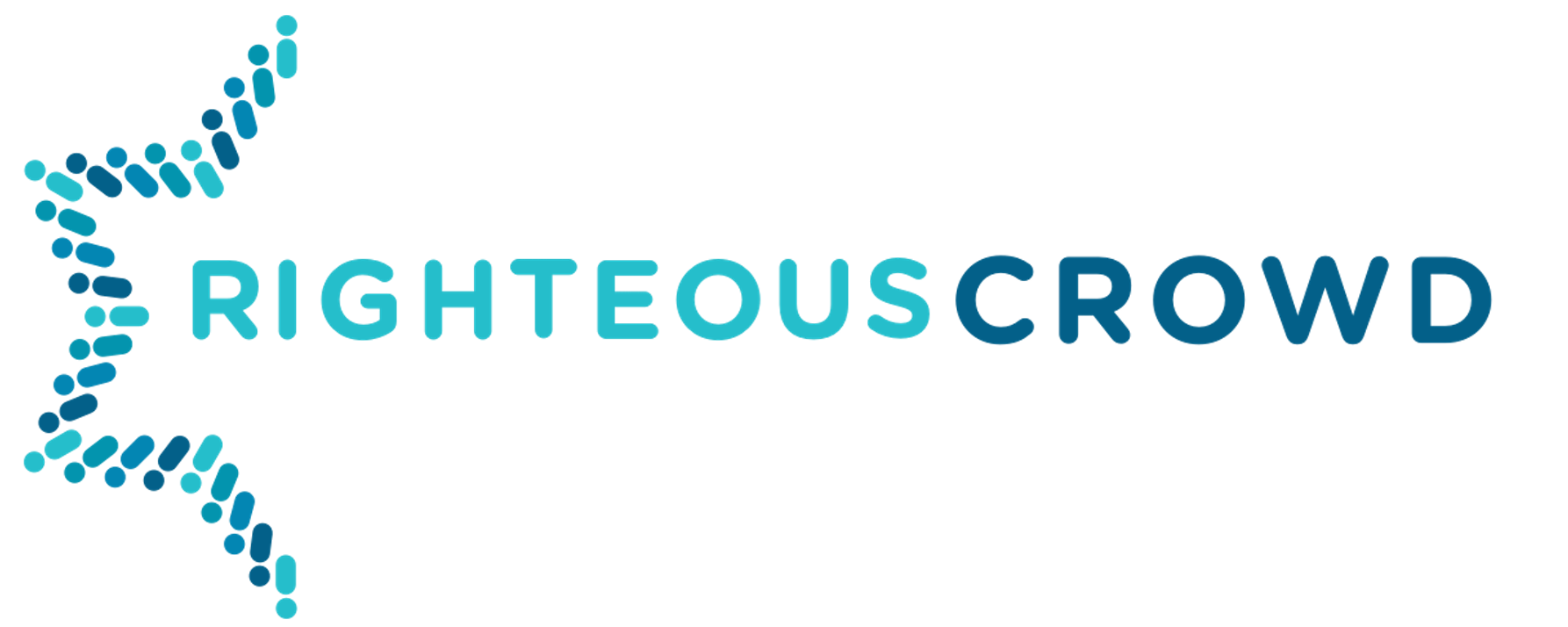Primary Care Haiti on Righteous Crowd this Week!
Catherine Voltaire, Director of PCH’s Ultrasound Training Program, training Haitian medical professionals on how to use point of care ultrasound as a life-saving tool to diagnose a wide variety of medical conditions in rural Haiti.
Primary Care Haiti
Empowering the Haitian Healthcare Community
In this week’s Torah portion, Beshalach, we read “אֲנִ֥י יְהוָ֖ה רֹפְאֶֽךָ - I am God, your healer,” (Exodus 15:26). Many rabbis interpret this verse that there should be human intervention in medical matters, rather than to rely on faith alone. This week, we are featuring an organization that provides medical equipment, training and care to people in Haiti.
Read our interview below with co-founder Dr. Jennifer Goldman.
What is the mission of Primary Care Haiti?
To provide evidence-based, practical training to Haitian medical professionals serving rural populations.
Why did you decide to start Primary Care Haiti?
I am passionate about providing equal access to healthcare for all, and I have been traveling to Haiti for over a decade, volunteering in hospitals around the country. I care deeply about educating doctors and nurses about the importance of prevention and in expanding access to effective primary care in Haiti. This work requires a team of dedicated, solutions-oriented medical professionals with diverse experience and expertise. I co-founded Primary Care Haiti to build a framework that enabled Haitian medical professionals to dictate their needs so those of us with the resources and expertise can deliver.
How would you connect your organization to a Jewish value?
Growing up attending Alperin Schechter Day School in Providence, RI, Tikkun Olam, often interpreted to mean Jewish social justice, was one of my core values. Once I completed my medical school training, met my husband, who is Haitian, and traveled to Haiti multiple times, it was natural for me to want to work with other medical professionals in Haiti to develop a training program to meet their needs.
What are some non-monetary ways for others to get involved?
We are always looking for volunteers for our trainings and help with our supply chain of donated equipment. We can also use help from volunteers outside of the medical community - attorneys, IT professionals, interpreters, and educators have all made valuable contributions to our mission.
What’s a story about your organization that is meaningful to you?
This personal story comes from Dr. Rose-Guevara Felix, now a first year resident in Emergency Medicine at University Hospital Mirebalais. She stated, “It is with great enthusiasm that I wish to inform you that I participated in the admission contest for the hospital residency at the University Hospital of Mirebalais (HUM) of Zanmi Health, I succeeded thanks to the training that I received on emergencies at the Hospital BIenfaisance de Pignon, organized by Primary Care Haiti last January. The training was so well organized, we touched so many points, we had so much time to do practice sessions that I immediately fell in love with Emergency Medicine, a rare specialty that our dear Haiti really needs. That’s what pushed me to register for this year’s admission contest where I decided, without a second thought, to chose Emergency Medicine as the first choice and thanks to God I was able to pass all the stages of the competition with success. The training really helped me especially during the interview. So, I dedicate this success to you and I encourage you to continue on this same path: that of training health professionals in Haiti and elsewhere. Know that I admire you a lot and again thank you." For more testimonials on the success of our trainings, please visit our testimonials page.
To learn more about Primary Care Haiti, click here.

